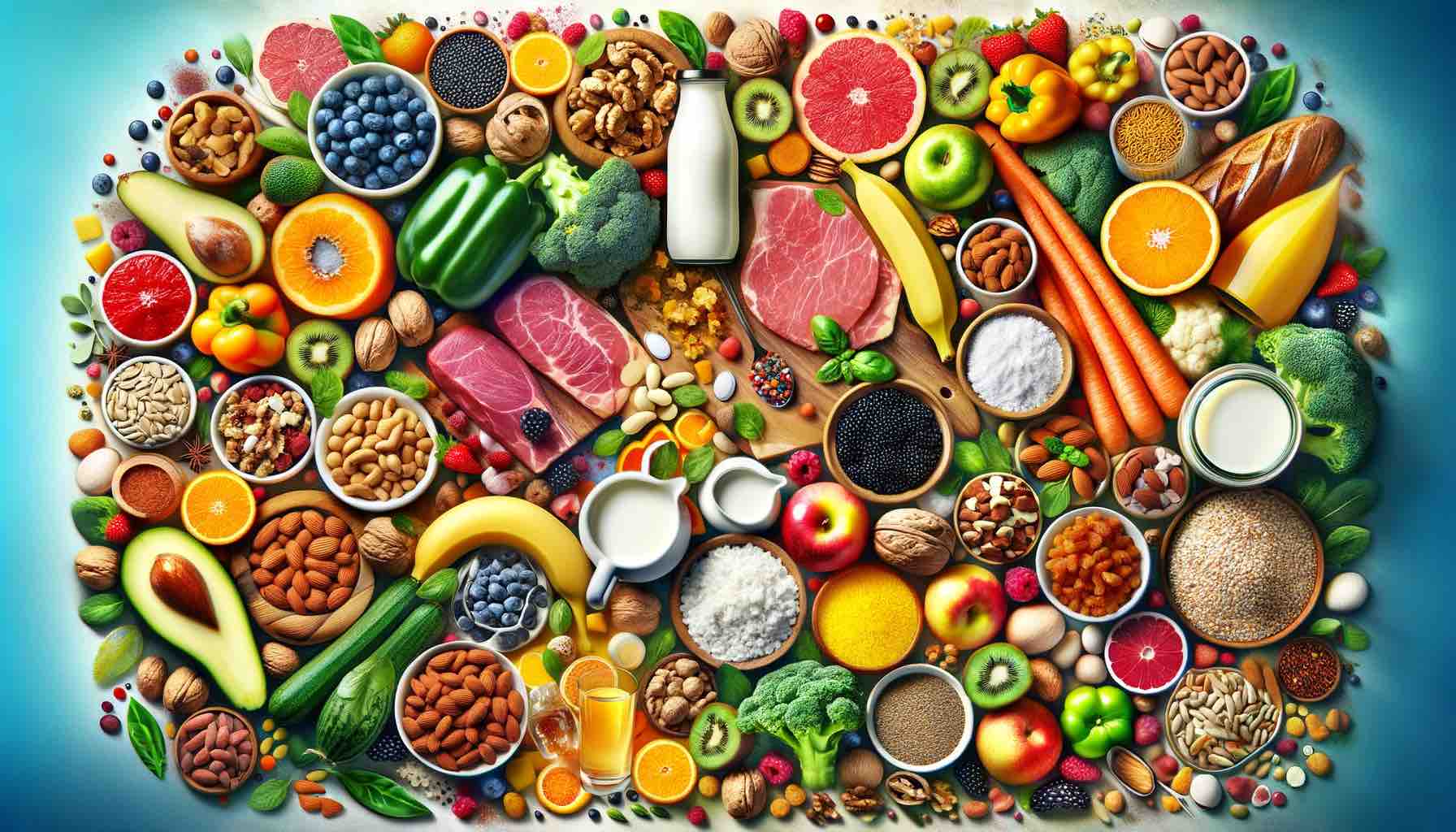
Navigating the world of food labels can be daunting, yet it’s a crucial skill for making informed dietary decisions. This detailed guide aims to demystify food labels, helping you understand what to look for and how to make healthier choices.
Why Food Labels Matter
- Nutritional Awareness: Labels provide key information about the nutritional content of foods, including calories, macronutrients, vitamins, and minerals.
- Portion Control: Understanding serving sizes on labels helps with portion control, a key aspect of weight management.
- Identifying Unhealthy Ingredients: Labels can reveal hidden sugars, excessive sodium, and unhealthy fats.
Key Components of Food Labels
- Serving Size: Indicates the standard amount typically consumed and is the basis for the nutritional information provided.
- Calories: Provides a measure of how much energy you get from a serving of the food.
- Macronutrients: Includes fats, carbohydrates (including dietary fiber and sugars), and protein.
- Micronutrients: Vitamins and minerals are listed, showing their percentage of the daily recommended value.
- Ingredients List: Ingredients are listed in descending order by weight, revealing the predominance of certain components.
Interpreting Percent Daily Values (%DV)
- The %DV helps you understand how much a nutrient in a serving of food contributes to a daily diet.
- A %DV of 5% or less is low, while 20% or more is high.
Tips for Reading Food Labels
- Check the Serving Size: Compare it to how much you actually eat.
- Evaluate Calories: Relate them to your daily calorie needs.
- Limit Certain Nutrients: Reduce intake of saturated fat, trans fat, cholesterol, and sodium.
- Seek Beneficial Nutrients: Aim for more fiber, vitamins, and minerals.
- Beware of Marketing Gimmicks: Terms like “natural” or “organic” don’t necessarily mean healthier.
Navigating Food Allergies and Sensitivities
Food labels are crucial for individuals with allergies or dietary restrictions, as they list potential allergens like nuts, dairy, or gluten.
How Food Labels Can Lead to Better Health Choices
By understanding food labels, you can make choices that align with your health goals, whether it’s losing weight, managing a health condition, or improving overall wellness.
For more in-depth guidance on nutrition and to participate in a comprehensive health challenge, explore the BackOnTrack WeightLoss Challenge.
Mastering the art of reading food labels empowers you to make informed and healthier dietary choices, paving the way for a better understanding of nutrition and its impact on your health.
10 FAQs for “Reading and Understanding Food Labels: A Comprehensive Guide to Making Healthier Choices”
- Why is it important to read food labels? Reading food labels helps in understanding nutritional content, managing portion sizes, and identifying unhealthy ingredients, crucial for making healthier eating choices.
- What should I look for on a food label? Focus on the serving size, calories, amounts of macronutrients (fats, carbohydrates, proteins), micronutrients (vitamins, minerals), and the ingredients list.
- How does serving size on food labels affect consumption? The serving size indicates the amount typically consumed, which helps in understanding and controlling how much you eat, crucial for weight management.
- What does Percent Daily Value (%DV) mean on food labels? %DV shows how much a nutrient in a serving contributes to a daily diet, helping gauge if a food is high or low in a particular nutrient.
- How can I use food labels to manage my weight? By comparing the calories per serving to your daily needs and choosing foods lower in unhealthy fats, sugars, and sodium, you can better manage your weight.
- What are some common marketing gimmicks to be aware of on food labels? Terms like “natural,” “organic,” or “fat-free” can be misleading and don’t always equate to healthier choices.
- How are ingredients ordered on food labels? Ingredients are listed in descending order by weight, with the main ingredient first.
- Can food labels help with food allergies or sensitivities? Yes, food labels list potential allergens, aiding those with allergies or dietary restrictions in avoiding certain ingredients.
- Why should I limit certain nutrients like saturated fats and sodium? Reducing intake of saturated fats, trans fats, cholesterol, and sodium can lower the risk of chronic diseases like heart disease and hypertension.
- What’s the best way to start using food labels effectively? Begin by routinely checking serving sizes and %DV, and gradually incorporate more detailed evaluations into your shopping habits.
Blog Tags for the Post
food labels, nutrition facts, healthy eating, dietary choices, portion control, calorie counting, ingredient analysis, nutritional awareness, weight management, food marketing













